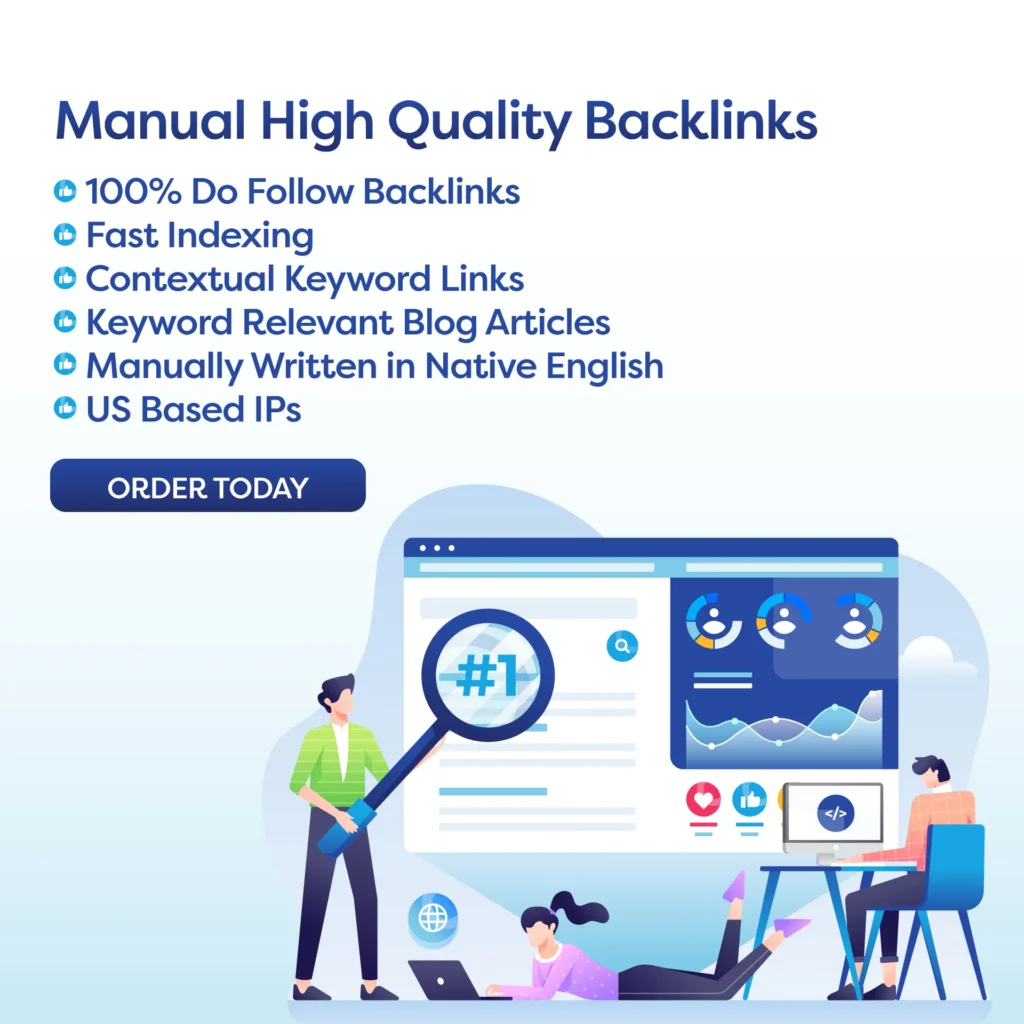SEO Analytics: Measure Success Accurately
In today’s digital landscape, having a strong online presence is crucial for businesses to remain competitive. And when it comes to increasing online visibility, Search Engine Optimization (SEO) is the key. But simply implementing SEO tactics is not enough, it is also important to track and measure the success of your efforts. This is where SEO analytics comes into play. In this article, we will dive into the world of SEO analytics and explore how it can help you measure your SEO success accurately.
What is SEO Analytics?
SEO analytics is the process of tracking and analyzing data related to your website’s search engine performance. It involves measuring various metrics such as website traffic, keyword rankings, click-through rates, and conversions to determine the effectiveness of your SEO strategy.
The Importance of SEO Analytics
SEO analytics is essential for businesses as it provides valuable insights into their website’s performance. Without tracking and measuring data, it is difficult to understand whether your SEO efforts are yielding the desired results. It also helps identify areas for improvement and make data-driven decisions to optimize your SEO strategy.
Key Metrics to Track
There are various metrics that you can track through SEO analytics, but some of the key ones that matter are:
1. Organic Traffic
Organic traffic refers to the number of visitors that come to your website through search engines. This metric is crucial as it shows the effectiveness of your SEO efforts in driving traffic to your website. An increase in organic traffic indicates that your website is ranking well for relevant keywords and is attracting more potential customers.
2. Keyword Rankings
Keyword rankings are a measure of where your website ranks in search engine results pages (SERPs) for specific keywords. Tracking keyword rankings helps you understand which keywords are bringing traffic to your website and whether your SEO efforts are improving your rankings.
3. Click-Through Rate (CTR)
Click-through rate is the percentage of people who click on your website’s link when it appears in search results. A high CTR indicates that your website’s title and description are appealing to users, and they are more likely to click on your link. This metric is crucial as it can impact your website’s rankings in search results.
4. Conversions
Conversions refer to desired actions taken by website visitors, such as making a purchase, filling out a form, or subscribing to a newsletter. Tracking conversions helps you understand how effective your website is in converting visitors into customers. It also helps identify which pages or keywords are driving the most conversions.
Tools for SEO Analytics
There are various tools available to help you track and analyze SEO data. Some popular ones include Google Analytics, Google Search Console, SEMrush, Ahrefs, and Moz. These tools provide detailed reports and insights into your website’s performance, which can help you make informed decisions to improve your SEO strategy.
Using SEO Analytics to Pivot Your Strategy
SEO analytics not only helps you measure the success of your current SEO efforts but also enables you to pivot your strategy based on data. For instance, if you notice a decline in organic traffic, you can analyze the data to identify the root cause and make necessary changes to your SEO strategy to improve your website’s performance.
Conclusion
SEO analytics is a crucial aspect of any SEO strategy. It helps businesses measure the success of their efforts, identify areas for improvement, and make data-driven decisions to optimize their SEO strategy. By tracking and analyzing key metrics, businesses can accurately measure the impact of their SEO efforts and pivot their strategy for better results. So, make sure to incorporate SEO analytics into your digital marketing plan to stay ahead of the competition and achieve your SEO goals.
